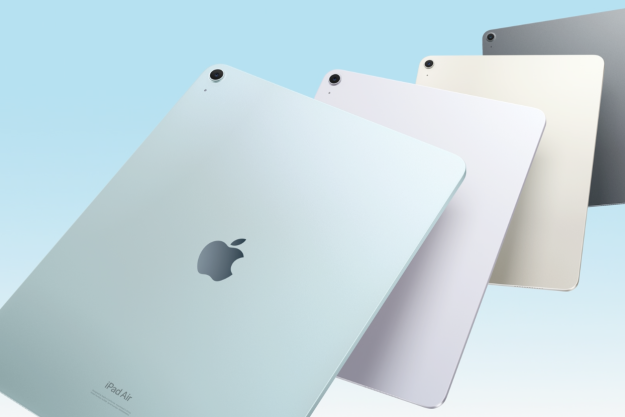
The highest court in the land will weigh in on whether or not the government must have a warrant in order to determine where you are based on your cellphone data. On Monday, the Supreme Court agreed to hear Carpenter v. United States, a case which deals with historical data from cellphone companies that displays users’ movements, and could either implicate or exonerate users in a crime.
The current case concerns a man who has been convicted in a number of armed robberies in Ohio and Michigan. His conviction, however, was secured with cellphone location data, and his lawyers say that without a warrant, access to this data constitutes an unreasonable search and seizure in violation of the Fourth Amendment.
Lower courts who have heard the case have ruled that the government does not, in fact, need a warrant to obtain this historical cellphone data, as such information was already willingly surrendered to a third party (the cellphone company).
But while this precedent has stood in years past, scrutiny of privacy rights, especially with the rise of connected devices like smartphones, has increased. And as such, it could be the case that the Supreme Court decides against lower court rulings.
Editors' Recommendations
- A mysterious OnePlus phone might launch in the U.S. soon
- U.S. government uses mobile location data to track movements during outbreak
- U.S. senator introduces radical bill to protect people’s private data
- The U.S. military is using solar-powered balloons to spy on parts of the Midwest
- The U.S. will now check social media accounts before approving visas

